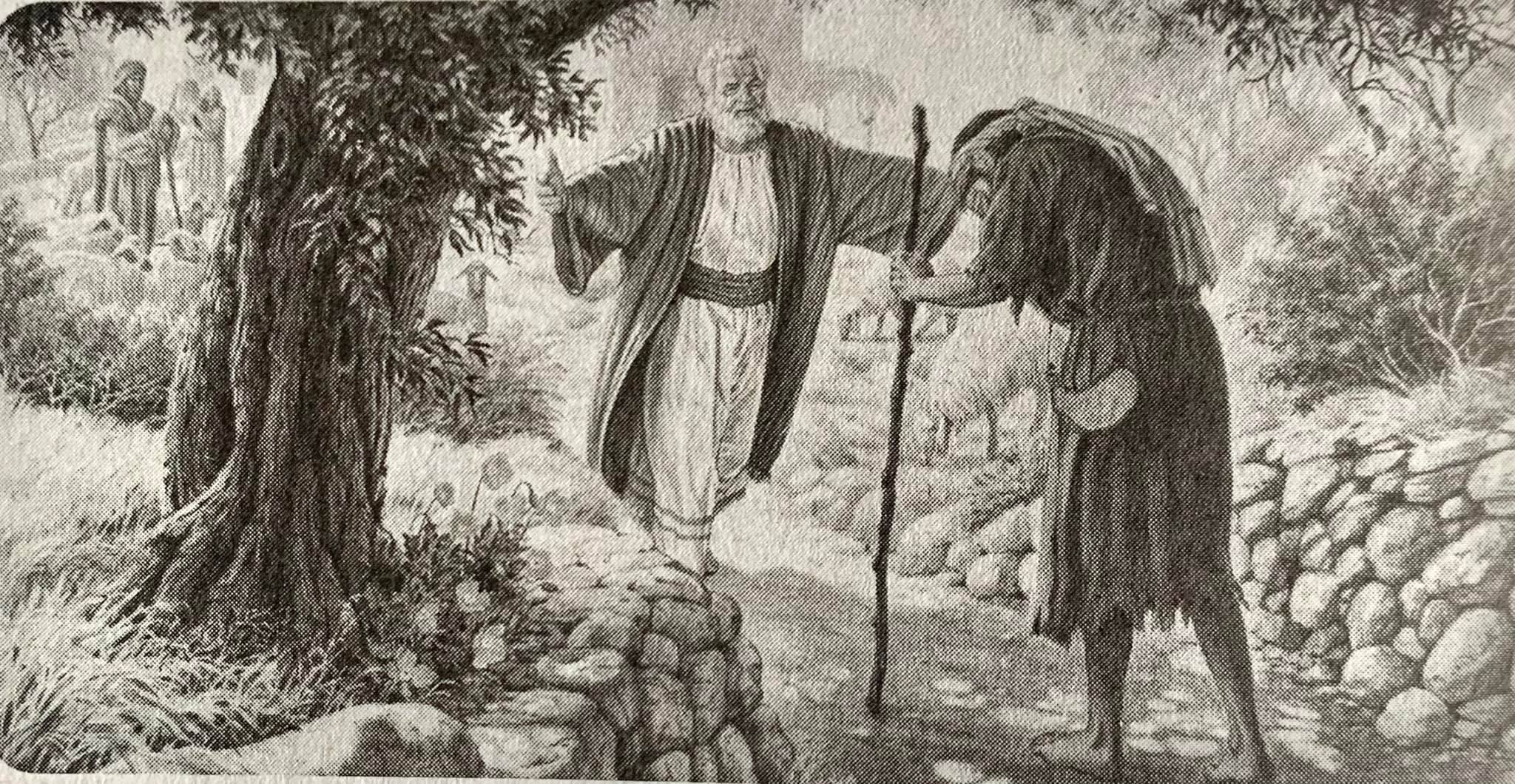199 total views
Regarded as the greatest of Jesus’ parables, the parable of The Prodigal Son, (Lk 15: 11-32, as it is traditionally called, though considered a marginal title found in English Bibles in the XVI century; The Lost Son would be more appropriate, considering the two previous parables on the lost sheep and the lost coin, 15:3-10) has, more than any other gospel passage, entered into various discussions and presentations from the earliest patristic commentaries and has been the subject for great painters, dramatists, musicians, choreographers, litterateurs, etc.
But there is unanimity in understanding this incomparable parable put on the lips of Jesus: that it presents the loving father as a symbol of God himself. His ready, unconditioned, and unstinted love and mercy are manifested not only toward the repentant sinner (the younger son) but toward the uncomprehending critic (the elder son) of such a human being. In the Lucan gospel as a whole, the story exemplifies the proclamation of the Lord’s year of favor (4:18-19) which Jesus was sent to announce and has come to seek out and to save what was lost (19:10), and will no be deterred by the attitude of those who might prefer their own sense of uprightness (15: 1-2) to joining in joy and love for those who react with repentance to such a proclamation.
In describing the stance of the father a term used seems unusual yet very descriptive and even full of strong emotion, the fact that it is in the reflexive verbal form. The verb ‘splanchnizomai’ ( σπλαγχνίζομαὶ v20), the root word of which literally means ‘entrails’ or ‘guts’, (cf. Acts 1:18), and considered from where comes one’s strongest emotion, (thus the expression ‘gut feelings’), and with the nuance of a reflexive verb we get the picture of a person being convulsed from the very depths or innermost part of his being to act in the most personal and so involved way. Christ is also depicted as such- ‘moved with compassion or pity’, for the crowds following him, (cf Mk 6:34; Mt 9:36, 14:4, 15:32), as well as for those afflicted with illness or incapacity prior to healing, (cf Mk 1:41; Mt 29:34; Lk 7:13).
There is real consolation in reading Lk 15. When moments of discouragement come and our spiritual failure tends to overwhelm there is no better antidote than a prayerful reading of the story of the forgiving father. It tells us that no one escapes God’s love or ever gets too far away. This is no ordinary love. It defies all human standards. When it comes to us poor mortals God is a striking non-conformist Because of the great compassion and mercy of God our loving Father, he “has reconciled us to himself through Christ and given us the ministry of reconciliation” (2Cor 5:18). The Christian life is basically one of reconciliation. All of us move from sin to grace, from alienation to friendship. Every ministry in the church is in some sense a reconciling one. And we are all called to participate in this. The more we experience the peace of reconciliation the better prepared we are to be its ministers. If we feel forgiveness we want to bring it to others.















